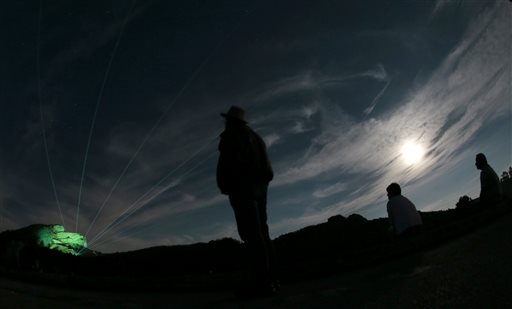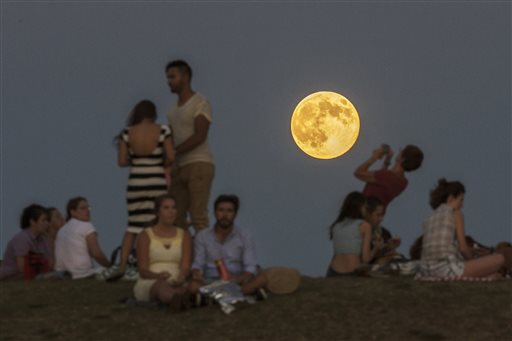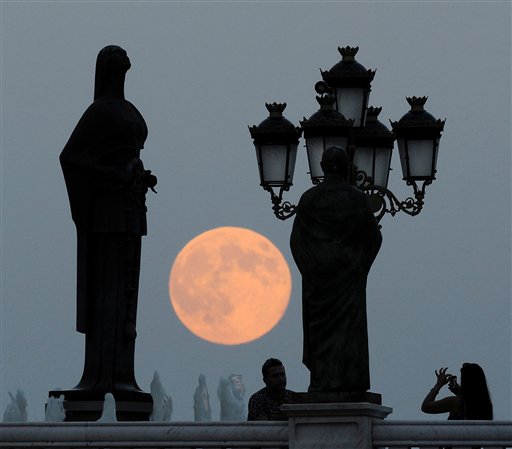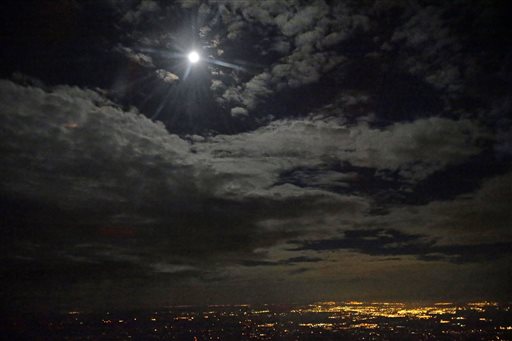Lunar show illuminates world’s skies
People around the world this weekend looked up at the sky to view a lunar phenomenon: the supermoon.
Known to scientists as a pedigree moon, Earth’s neighbor appears at its largest and brightest compared to other full moons when it orbits closer to our planet. It can even be seen during the daytime.
A supermoon will happen three times this year, with Sunday (Aug.10) night’s sky show the second. The first one occurred on July 12 and the third will take place on Sept. 9.
READ NEXT
EDITORS' PICK










